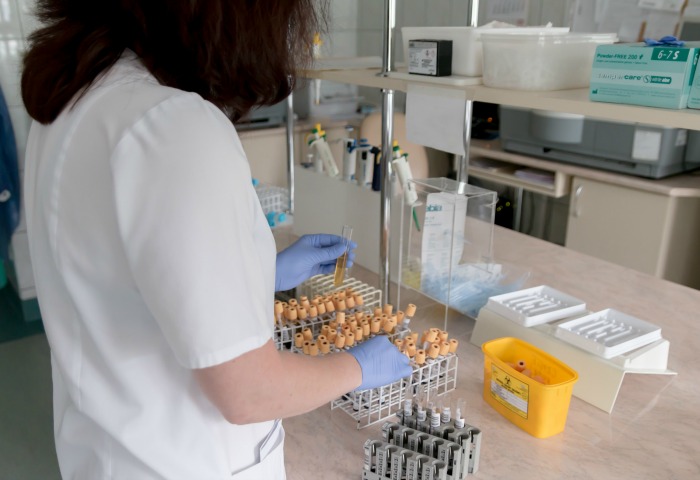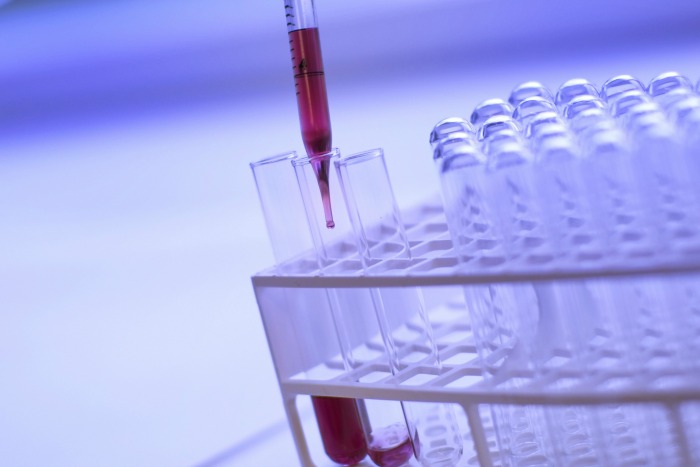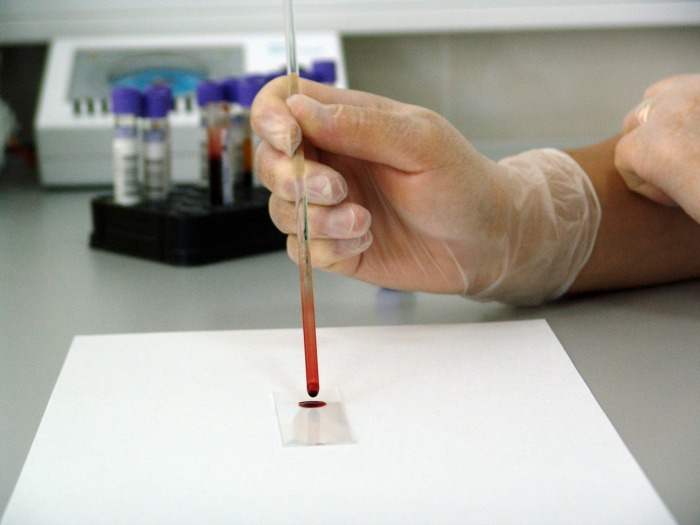What the most common pathology tests actually mean for your health

As people get older, it’s not uncommon for visits to the doctor to become more frequent. The risk of various health issues arising is par for the course and GPs will often suggest pathology tests as a way of monitoring your health and ensuring everything is in order.
Most people have the tests without giving much thought to what they actually mean. Pathology Awareness Australia reports that more than 500 million pathology tests were ordered last year in Australia.
A list of the top six most common pathology tests has now been revealed, shining a spotlight on what doctors are testing for and what this means for your health. If you’ve ever wondered what letters such as FBC, TSH, LFT, FBE, 25OH-D mean, the report has revealed what they do and what they mean for your health.
Urinalysis
As the name suggests, urinalysis takes a closer look at a urine sample and how it can be impacting your health. These tests are typically used for identifying or tracking metabolic conditions including kidney disease and diabetes.
Tests usually analyse protein and red cells, which are particularly useful when trying to diagnose kidney diseases and even urinary tract infections. Over four million tests occurred last year.

25-hydroxy-vitamin D
It sounds like a bit of a mouthful, but 25-hydroxy-vitamin D is just a fancy way of explaining the tests that check your levels of vitamin D. This type of vitamin is important for the body as it prevents a range of deadly conditions including bone and kidney disease and even malabsorption and depression.
Last year saw more vitamin D tests than ever before, with more than three million tests ordered, indicating the seriousness of the condition. It isn’t uncommon for these sorts of tests to be included as part of a regular visit to your GP.
Iron studies
When a doctor or health professional requests an iron test, it’s usually because they believe there is an imbalance of iron in the system. High levels of iron in the system have been known to cause heart issues, arthritis diabetes and even liver disease, while lower levels can contribute to anaemia.
Close to six million iron studies were carried out last year, meaning that iron is currently one of the biggest issues impacting the health of Australians.

Liver function tests
If you’re event sent away for a liver function test or a LFT, it relates to your liver and how effective it is when it comes to your health. While many would presume it actually tests the liver, it actually looks at the enzymes, proteins and substances that are produced by the liver.
If the levels of the substances are particularly high in the blood, it can be a sign that something isn’t right or that the liver is damaged. LFTs usually provide doctors with somewhere to start before they actually diagnose any formal illnesses or diseases. The Medicare Benefits Schedule suggests that nearly 14.5 million liver function tests were performed in Australia in 2017.
Thyroid stimulating hormone quantification
If you’re a person who has lived with a thyroid condition, chances are you’ve been sent for a TSH quantification test at some point in time. In fact, these tests are the fourth most common pathology tests in the country.
Doctors tend to use the tests to screen, diagnose and track various thyroid conditions including hypothyroidism and hyperthyroidism. The tests tend to measure and analyse the levels of hormones that stimulate the thyroid and how these hormones react with the body.
Full blood examinations
Doctors often send people for full blood examinations, or full blood counts, as they’re also known. These tests analyse blood cells and how both red and white blood cells are developing. More often than not, any serious changes in the blood can be the result of an infection, blood cancer and even anaemia. It is reported that 11.5 million full blood examinations were ordered last year.

Have you ever been sent for any of these tests? Do you feel as though you fully know what you’re being tested for when you go for one of these tests?
With Facebook removing news sites from your feeds we ask that you sign up for Starts at 60’s emailers here. And to keep us on your wall, join some of our new Facebook groups and clubs:
News Junkies Club – Australia
News Junkies Club – USA
See news on the change and links to all our other clubs and groups here.








 Proudly Australian owned and operated
Proudly Australian owned and operated